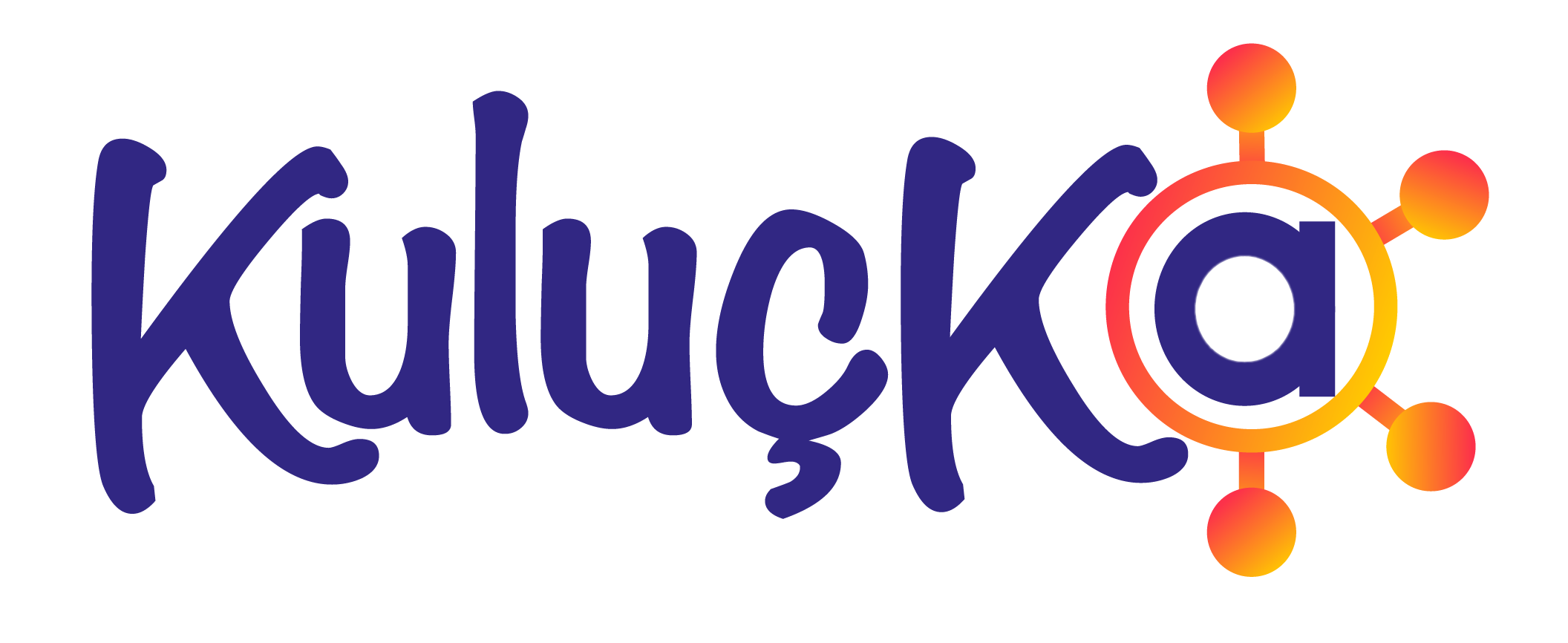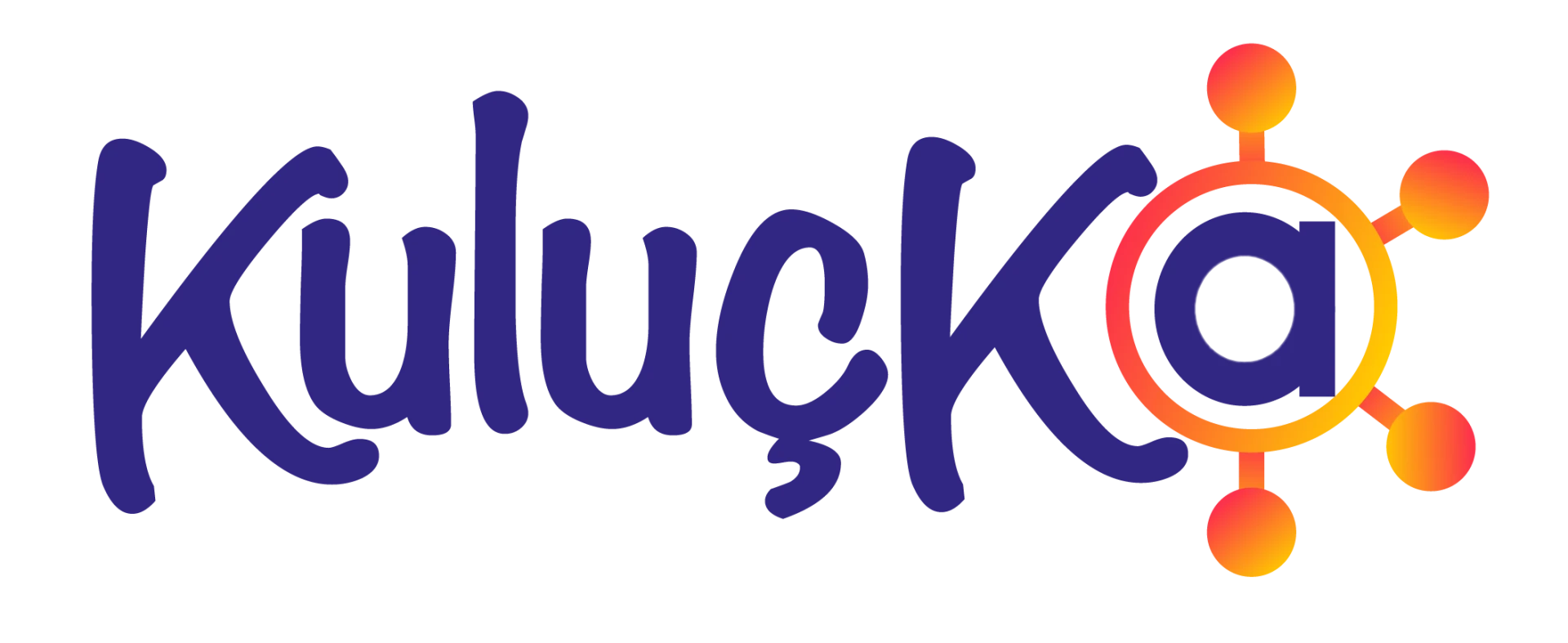Join a team!
If you are accepted to the program, you will be placed into the team of young researchers according to your skills, expectations, targets, and/or research idea.
Do the job!
For 8 weeks you will have structured and well designed sessions with mentors from top 5 universities of the world. They will help you do your best to create an individual or group project depending on the research question.
Write your report!
During the 8 week period you will have the chance to organize group work and individual sessions with our consultants from Kulucka as well to write a report to meet the requirements of publications or competitions.
Take it to the next level!
At the end, you will have a research report in your hand to either publish yourself or attend conferences or competitions or even turn into a passion project. Don't worry. We will always be there to assist you on your strategies.

